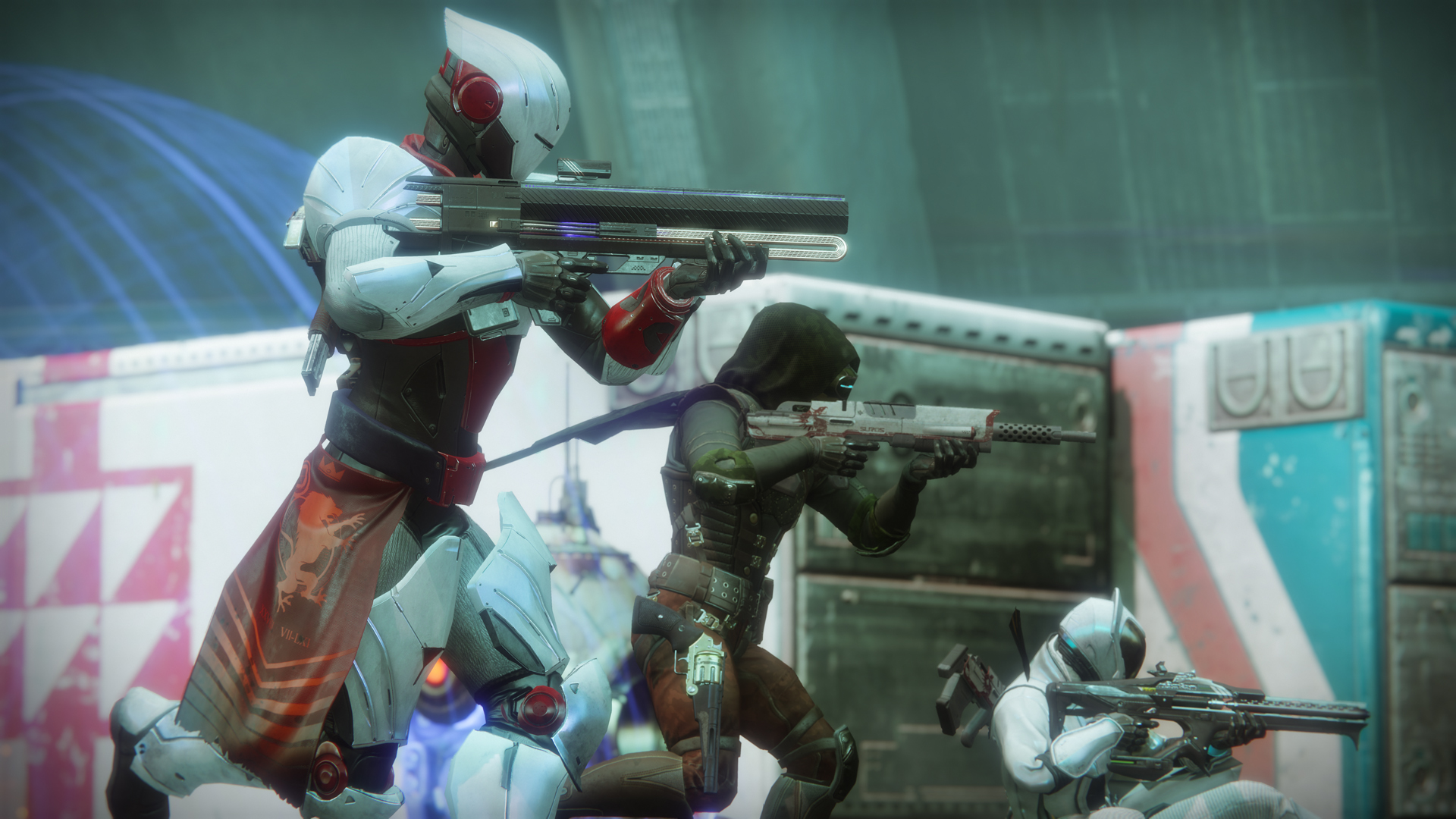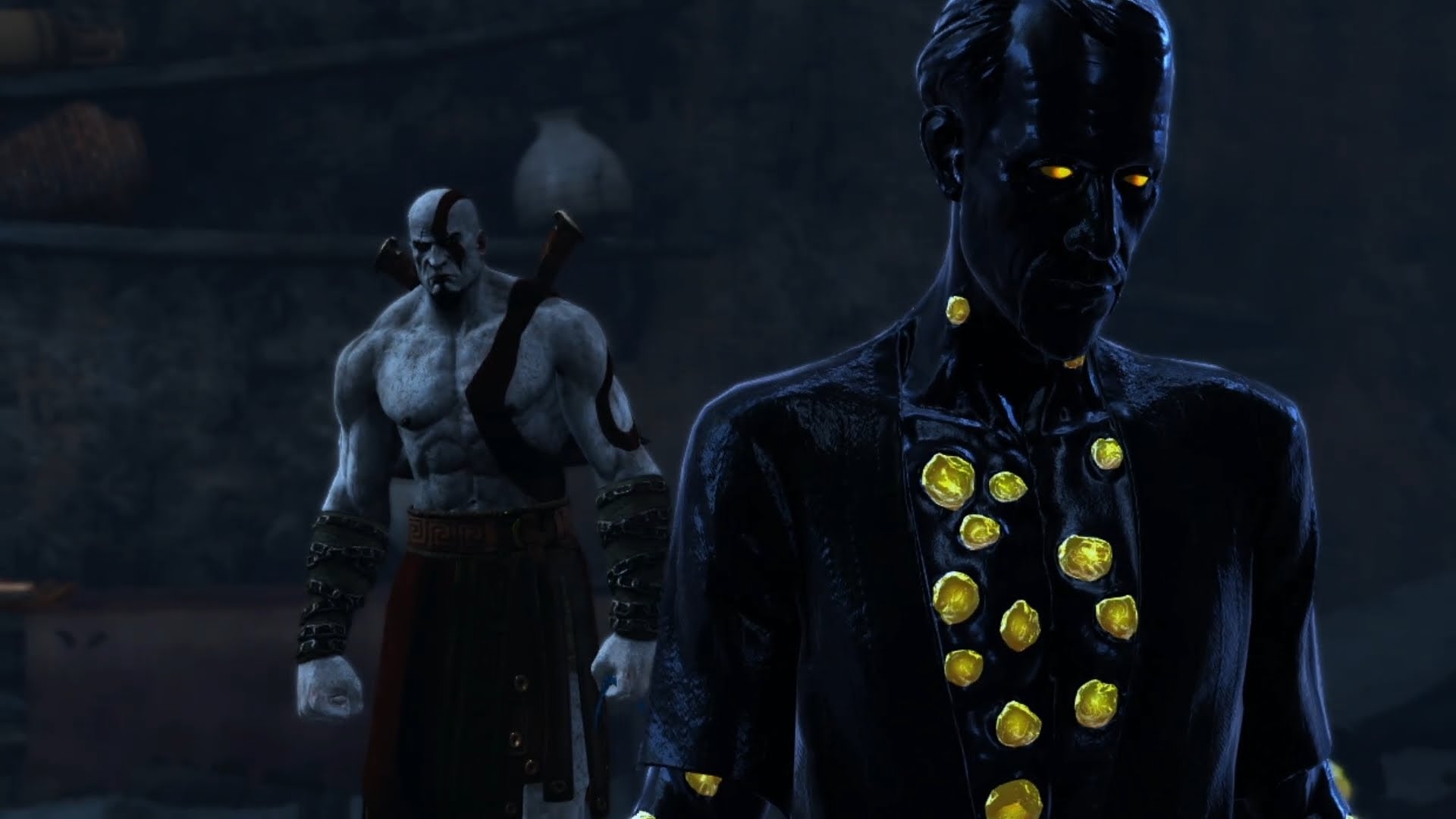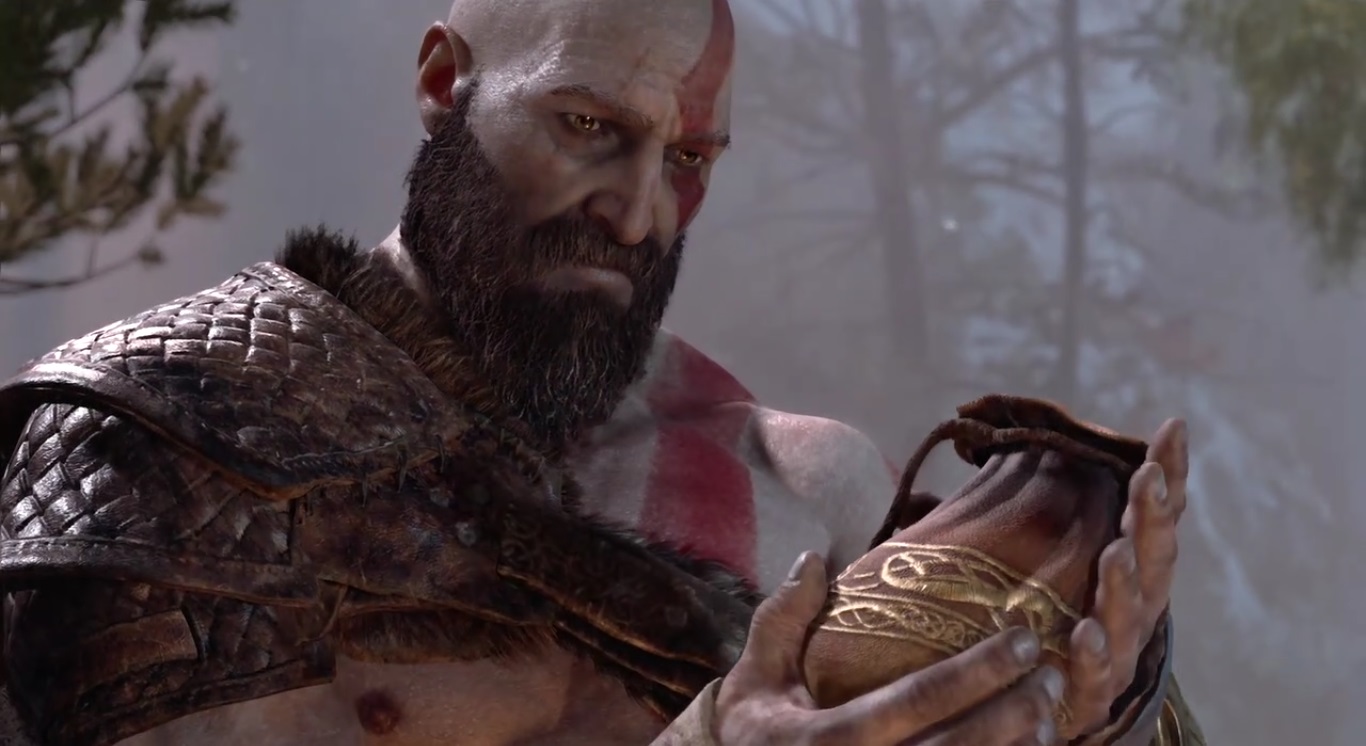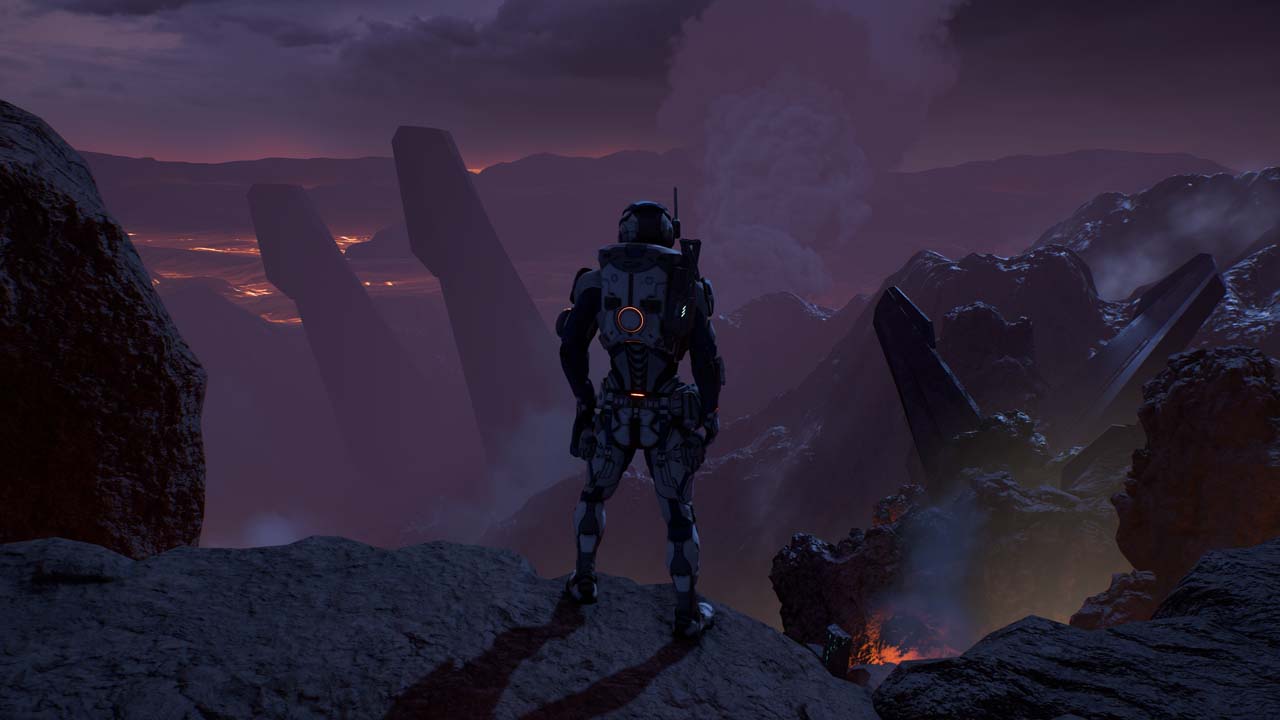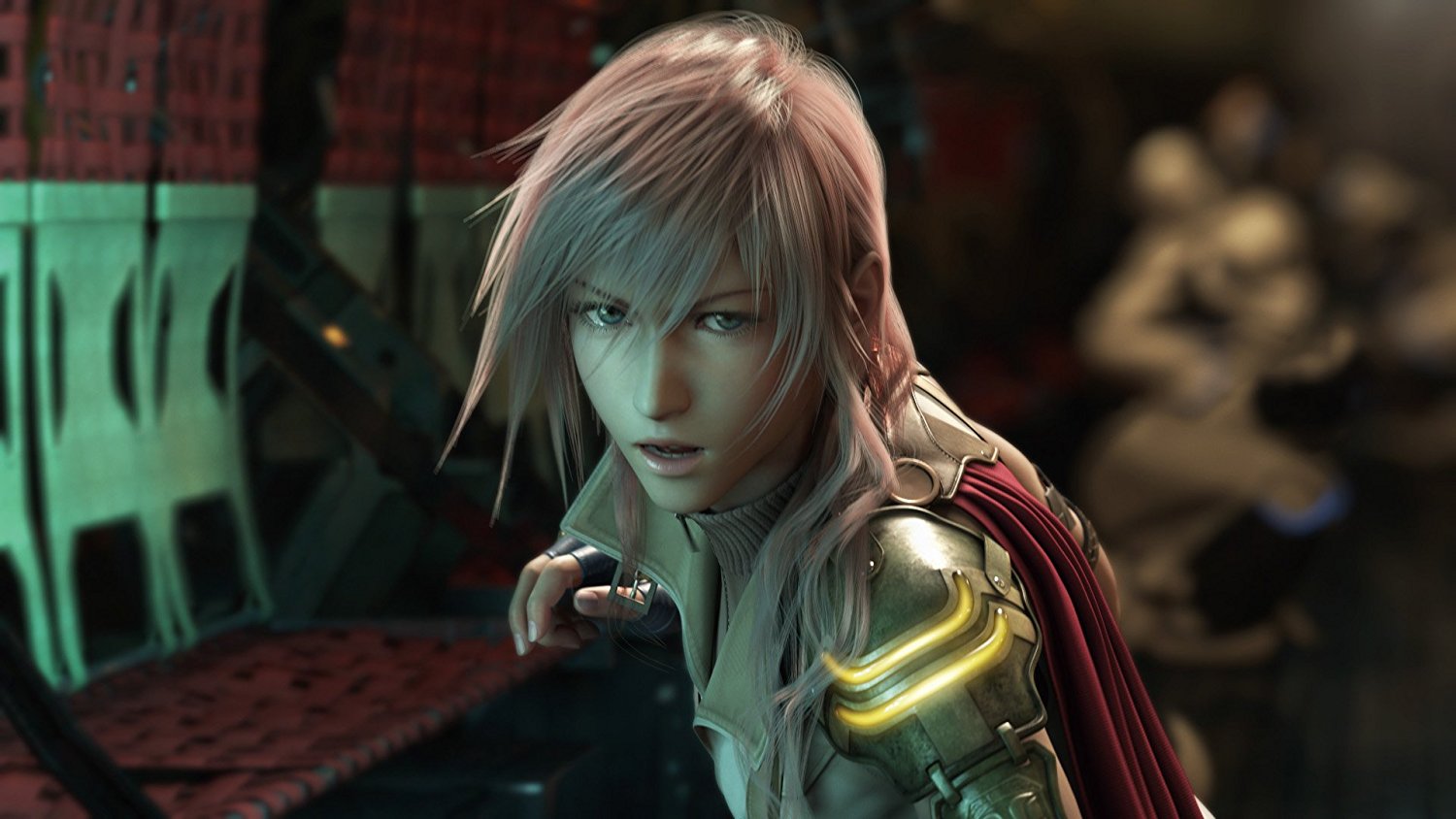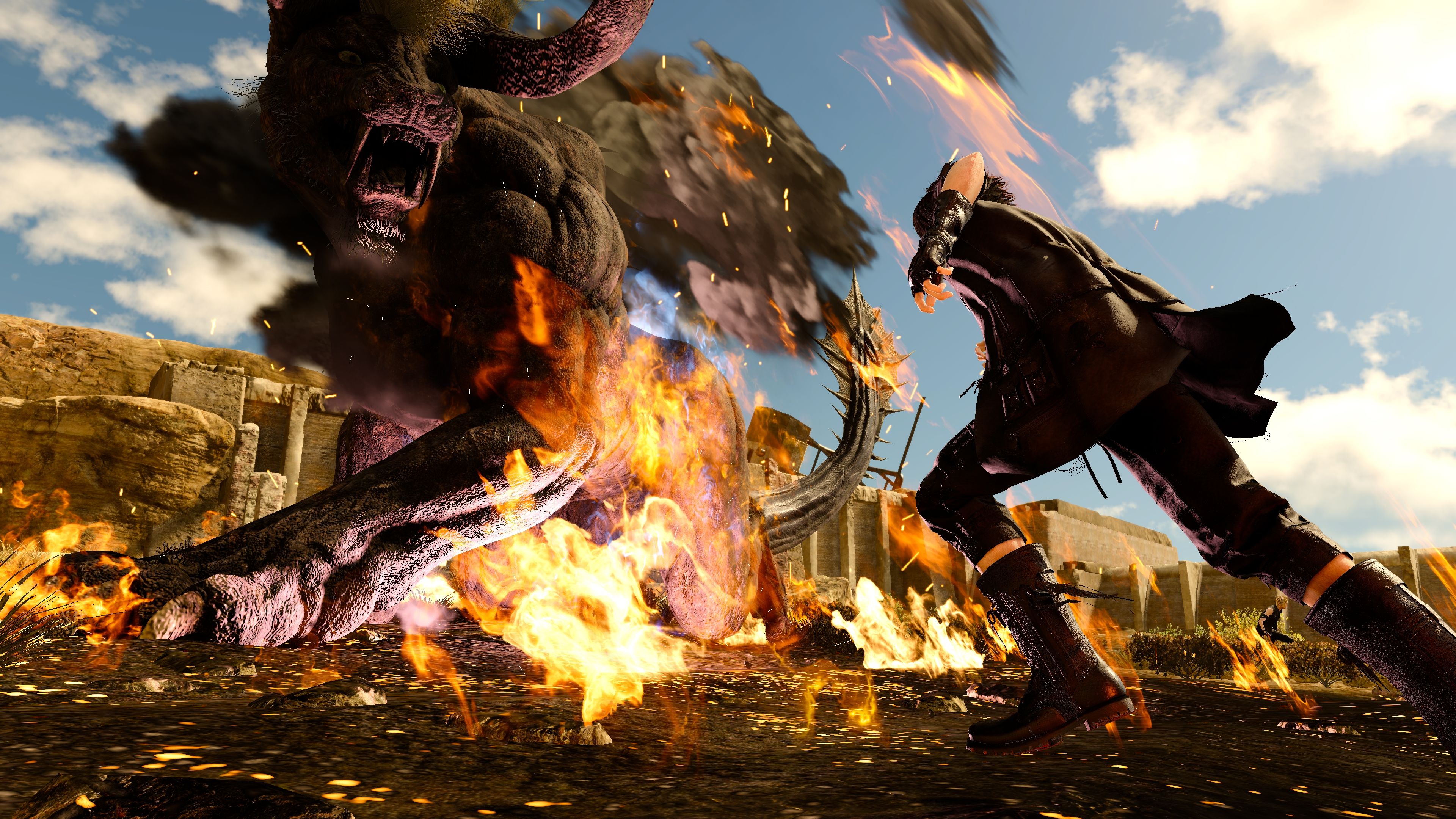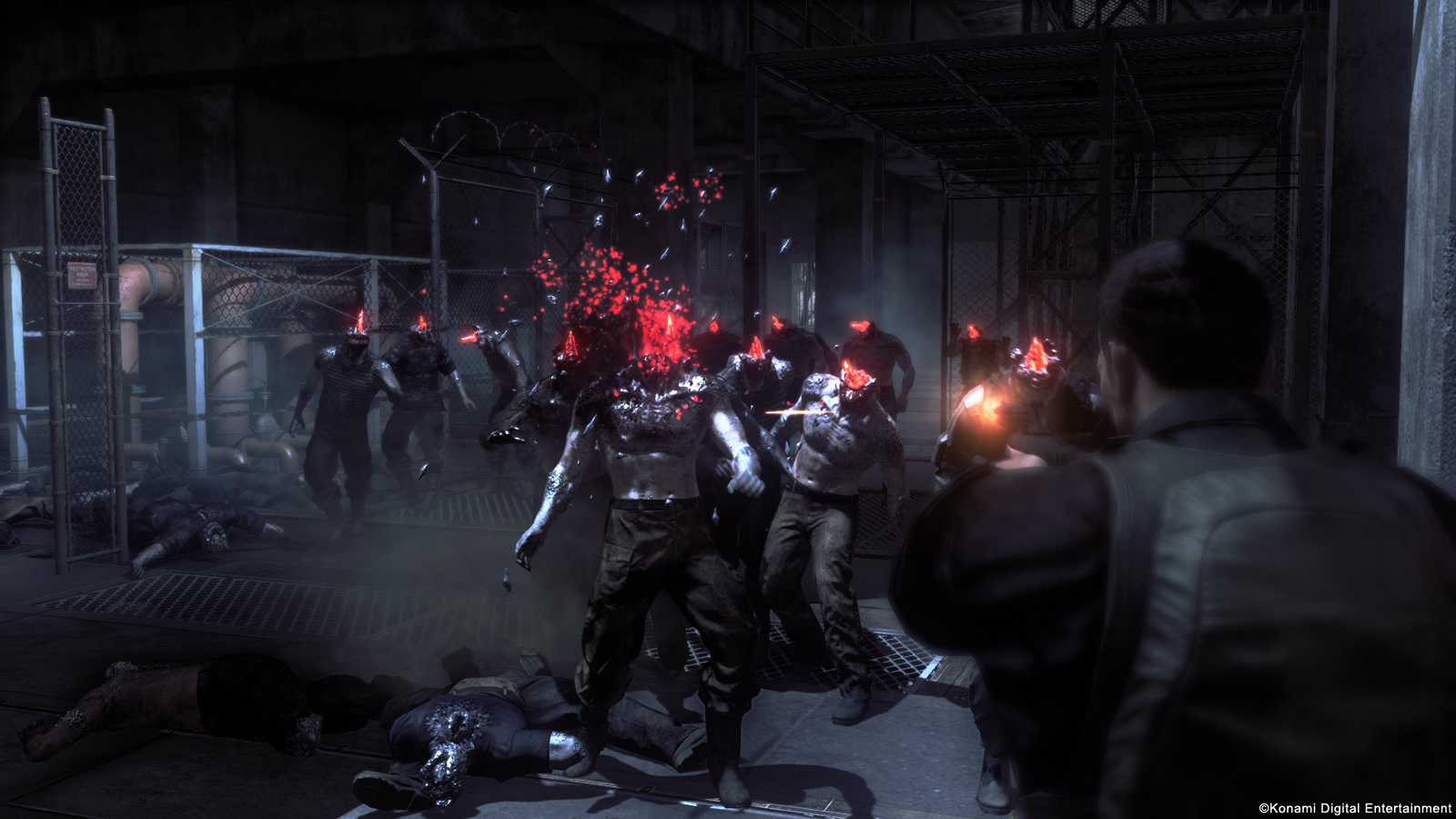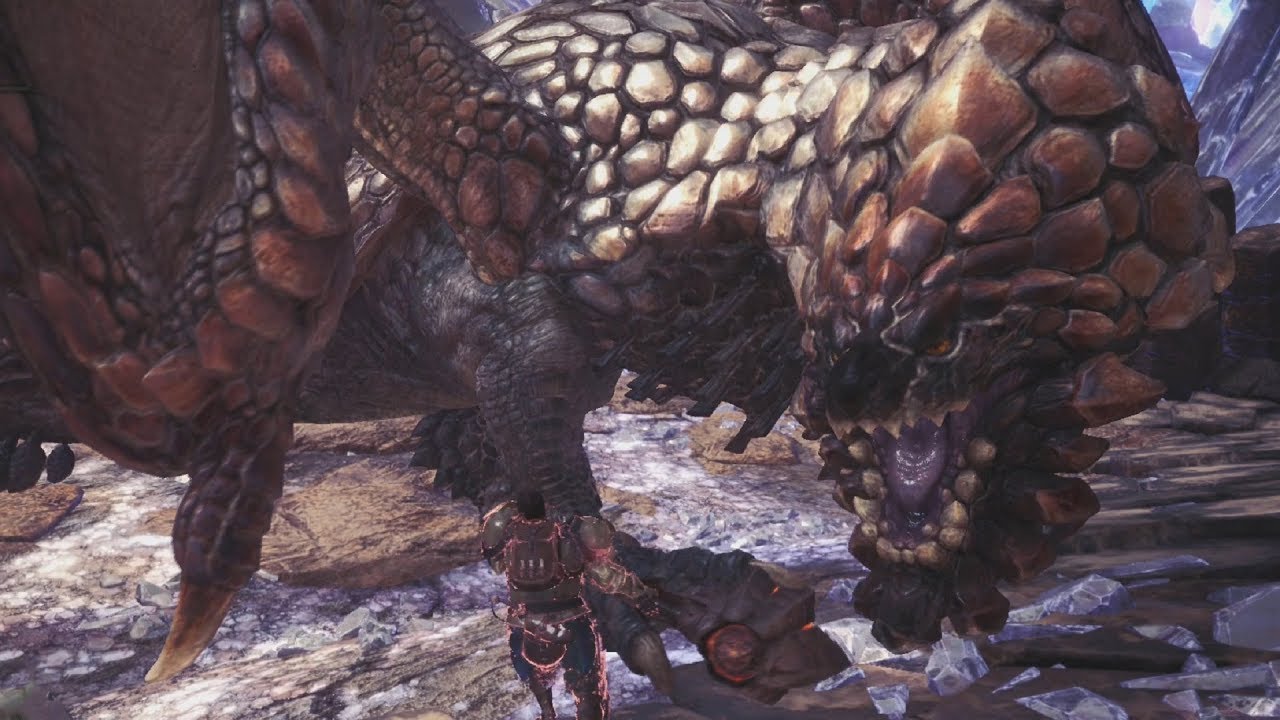
At some point, I’ve talked about how sequels tend to diverge away from their predecessors. Such a practice is common in just about any creative form and far be it for video games to not try and mix things up. However, much like in movies and books, there is a familiar trend that emerges – how some players liked the original and not the sequel because it’s just not as good. In many cases, this might be due to a game striping away everything that hardcore players came to enjoy in the first place, as is the case with Destiny 2. It also doesn’t help that the game isn’t designed to convert first time players into hardcore fans, removing tons of end-game content and the accompanying drive that would have people partaking in another raid.
"How does a developer maintain the spirit of a franchise? How do they ensure the latest game in a series hits all the right notes for veterans while attracting new players to what it does best?"
However, Bungie’s inadequate sequel faltered in a way that I think many other games could avoid, even if they straight up went in different directions. The overall atmosphere and spirit of Destiny felt betrayed with Destiny 2. Despite the overall story-telling in the original ranging from above average to non-existent, there was still a dark sci-fi fantasy atmosphere to the proceedings. Much as I hate that the best written material is in the Grimoire and how the main game material just doesn’t measure up, at least there was an attempt to maintain that same tone and atmosphere. That is, on most occasions – I’m still painfully aware of the Ghost’s horriblly comedic lines post-Taken King, to say nothing of Lord Saladin’s dull tale. That was one major aspect that attracted a Destiny player to the universe much like, say, the lore in Dark Souls or Bloodborne.
Instead, Destiny 2 completely ripped that out and replaced it with a story that seemed more like Z-grade Guardians of the Galaxy as opposed to the shadowy saga that we had before. I’m sure someone could dig up some lore that’s in tone with the original game. For the most part, the overall lore in Destiny 2 – mostly average lines of fluff – does not fit in with the game’s overtly comedic tones, badly written lines and over the top characters. There are some decent pieces here and there, some clever and others routine, but they’re still badly out of sync with the overall vision of the first game.
That’s only one problem that players have with the sequel but it still got me thinking – how does a developer maintain the spirit of a franchise? How do they ensure the latest game in a series hits all the right notes for veterans while attracting new players to what it does best?
That’s not something easy to answer. Take a look at God of War, the PS4 title that follows SIE Santa Monica’s hallowed series. After God of War 3, where the storyline peaked, the studio would release the underwhelming God of War: Ascension. Don’t take “underwhelming” to mean “bad”, by the way. The game was positrively received by critics in every aspect but its mulitplayer.
"SIE Santa Monica wants to advance Kratos’ character beyond “angry pale Spartan”. There’s a real depth and empathy to his character that we haven’t seen before."
For all intents and purposes, it had everything that a God of War title was expected to have. Kratos was still his angry self and tearing limbs off. Though a few changes were made to the weapon and magic system, this was still our favourite Spartan stomping about in ancient Greece, facing larger than life circumstances. However, along with Gears of War: Judgement (another prequel that was meant to follow the success of its third game), God of War: Ascension underperformed significantly in sales.
Did Sony misread the mood when it came to the atmosphere? Was it simply that players were bored with God of War as it currently was? It’s not like the PS3 didn’t need exclusives or was dead by any means, even with the PS4’s announcement.
Fast-forward to the next God of War which sees Kratos in a Norse realm, older, somewhat wiser and joined by his son. There’s a bit of mystery in the air – How did Kratos end up here? What’s going on with his son? While age may have made our favourite god-slayer more measured in his approach, he’s still as vicious as can be, slaying mythical beasts and measuring up with world serpents like Jormungand. The story itself takes a significant step forward as well. Kratos must balance his immeasurable rage with the responsibilities of being a father, all while preparing to fight the Norse gods and other entities. His son Atreus must learn what his father truly is and decide to either follow in his footsteps or become his own man.
It’s not the most original story out there but it shows that SIE Santa Monica wants to advance Kratos’ character beyond “angry pale Spartan”. There’s a real depth and empathy to his character that we haven’t seen before. In terms of mechanical changes, you could argue that God of War has changed from a hack and slash platformer with puzzle elements to a more grounded hack and slash, action adventure with more emphasis on exploration.
"In the process, SIE Santa Monica is telling a story that invites us to empathise with Kratos rather than simply being an accessory to his rage."
It’s in this respect that I feel the developer has maintained the spirit of the franchise’s gameplay. The combat is still extremely visceral and satisfying. There are tons of options, from throwing Kratos’ enchanted axe and calling it back like Thor to curb-stomping enemies on the ground or even teaming up with Atreus for take-downs. There is a skill gap to be mastered as represented by the various difficulties like “Give Me God of War”. This mode outright mixes up enemy compositions and patterns for a tougher experience, challenging one’s mastery of the various combat aspects.
The point is that in terms of gameplay, story and lore, the developer isn’t ignoring all the things that made God of War what it is. Rather, it’s expanding on them, conveying them in new ways and exploring different avenues while staying true to the franchise’s roots. In the process, SIE Santa Monica is telling a story that invites us to empathise with Kratos rather than simply being an accessory to his rage. Which we’ll still be doing but now we have a new reason to care. There are new stakes, new threads to unravel and the groundwork for a new journey.
On the other hand, take a look at Mass Effect: Andromeda. There are several things that went wrong with that game’s development from engine trouble to workflow issues between the various studios to the sheer size and scale of what was to be accomplished. However, one point sticks out the most – the differing visions. As per Jason Schreier’s report on Kotaku, Andromeda wanted to go back to a more exploratory-style experience akin to Mass Effect 1.
To accomplish this, the team worked on a system that would randomly generate planet layouts, allowing for a different experience every time someone landed on them. That explains the sheer grind for collecting materials to upgrade equipment and weapons – players could return to a planet, knowing it would have the same materials they needed but there might be differing circumstances thanks to the procedural generation.
"The real nail in the coffin wasn’t that Mass Effect: Andromeda was too similar or too different from the main games (aside from their difference in quality). It just didn’t expand upon the soul of the franchise."
The problem with this approach is that it contradicted the other side of Mass Effect – the deeply involved story with meticulously crafted set pieces, cinematic moments, strong direction and pacing, and the memorable cast. Pulling those things off within a procedurally generated system would be extremely tough (how many people remember No Man’s Sky for its story?) and as a result, the development team effectively put the kibosh on it all. Some elements likely survived or were morphed into the game we see today.
The final result wasn’t exactly superior either. It’s like Bioware Montreal looked at The Legend of Zelda: Breath of the Wild (some how, much before it was actually released) and only saw the wide spaces and not what made them unique or how they worked in the game’s favour. The open landscapes and lack of any well-defined areas didn’t make for a compelling open world. Even with the added element of verticality, they felt at odds with the core gameplay of cover-based shooting, squad management, properly combining powers between teammates and so on. It also didn’t help that you had access to three powers at any given time even with the widest ability customization options that the series has seen yet.
The real nail in the coffin wasn’t that Mass Effect: Andromeda was too similar or too different from the main games (aside from their difference in quality). It just didn’t expand upon the soul of the franchise. It didn’t feel like something organically born from the people that gave us the Reapers, the Asari, Mass Relays, the Krogan, a somewhat idyllic future that was still subject to many of today’s current political problems or the iconic Commander Shepard. Those aspects, much less the spirit of the series, that manifested in Mass Effect: Andromeda felt like a pale shadow with brief flashes of familiarity.
"Looking at Final Fantasy 13, it’s easy to see why it resulted in a series where each sequel sold even less than the one before."
If nothing else, that curse of trying to keep the spirit of a franchise alive over several decades has affected Square-Enix the most. Sure, we’ve seen all the fanboy wars over the years about which Final Fantasy was better than the other. I’ve seen a good number of people hating on Squall and Cloud or proclaiming that Final Fantasy 9 was the absolute best game and Final Fantasy 10 was just great graphics and nothing else. Leaving aside the troubles with Final Fantasy 14 before it got the “Realm Reborn” treatment, there are two major occasions where the most divisive split was seen among Final Fantasy fans. The first was Final Fantasy 13; the second was Final Fantasy 15. Yes, they each have their fans (the latter more than the former) and Final Fantasy 15 actually has a number of things going for it.
Looking at Final Fantasy 13 though, it’s easy to see why it resulted in a series where each sequel sold even less than the one before. Square Enix might have delivered on the combat, finding some takers in its latest Active Time-Battle variant. The overall tone didn’t feel like Final Fantasy though. Much of that came from the story which was pretty hard to keep track of – it didn’t help that it was nonsensical at times, assaulting the player with in media res verbiage or unknown terms.
The characters themselves failed to carry the experience because of their mostly vapid personalities and ambiguous goals. Once again, we can argue about the linear hallways, the abundance of tutorials and how the game really doesn’t let you cut loose until 25 hours in. That’s all well and valid.
But when I look at the Final Fantasy 13 series, I see some whimsical tale masquerading as a failed character journey where Lightning is the focus, not a world where fantasy and technology collide in an almost natural union. I see movie sets instead of lived-in cities; impressive cutscenes instead of actual attempts at character building; outright nonsense in the place of lore; and little to no reason to actually empathise with the characters. Subsequent entries in the franchise failed to improve on any of these aspects.
"Final Fantasy 15 did have some semblance of Final Fantasy to it, especially with the group that would embark on a journey to save a world that was the absolute epitome of fantasy."
At least with Final Fantasy 15, the story only really went off the rails later on (and let’s not speak of the horrible Kingsglaive film). From the outset, however, the world was established strongly – the sci-fi felt more contemporary but still spliced in with numerous technomage tropes like mechs, robots and airships. The introduction of Daemons, Astrals and magic felt fine and a lot less ham-fisted. It also didn’t hurt that the characters, for all their idiosyncrasies, actively encouraged you to adventure with them rather than tossing them into the nearest trash compactor. Aside from Noctis who was unsympathetic at best and bland at worst.
Obviously not every aspect of the game – Luna’s character, the time-skip, the events after the Leviathan battle, the overall botched vision etc. – was handled great. Key story beats and characterization were missing from the main game and stuffed into DLC, the movie and web series. Despite the world building feeling like it pushed against the limits of fantasy, the actual open world gameplay was stuffed with unimaginative, old-school MMO fetch quests. The combat also served to take one out of the experience with how clunky it could be. When you did master it, everything boiled down to little more than teleport slashes and abusing tons of healing rather than actual tactics.
However, Final Fantasy 15 did have some semblance of Final Fantasy to it, especially with the group that would embark on a journey to save a world that was the absolute epitome of fantasy. Other people may have varying definitions for what Final Fantasy means to them. They wouldn’t be wrong for thinking that Final Fantasy 15 either caters to or vehemently goes against those definitions, especially when talking about the limits of the fantasy and sheer world design compared to past games.
Of course, there’s no greater example of a game that completely and utterly misunderstands the spirit of a franchise like Metal Gear Survive. Now I haven’t played the game – all my knowledge is based off of reviews, gameplay footage, etc. There was no particular element of the game that stood out to me, even when judged separately from the main franchise. It didn’t look inherently terrible but there was a dull quality that seemed to permeate every single aspect of the game.
"It wasn’t until our official review came out that it finally hit me – why Metal Gear Rising got a pass but Metal Gear Survive didn’t."
However, there are plenty who enjoy the game, finding some fun out of being stealthy, scavenging resources for their bases and exploring the open world. Plus the survival and building aspects weren’t half-bad once you actually got into it, especially with friends. And hey, if Metal Gear Rising: Revengeance can get away with being completely different from the Metal Gear Solid series in terms of gameplay (leave aside that it was infinitely more entertaining, matching up to other hack and slash titles), why not Metal Gear Survive?
It wasn’t until our official review came out that it finally hit me – why Metal Gear Rising got a pass but Metal Gear Survive didn’t. It’s because at the end of the day, one game tried to maintain the spirit of its franchise and the other didn’t even try.
The vision presented by Platinum Games wasn’t an out-and-out tactical espionage thriller. But it paid respect to the themes of politics, war economy, information, memes, child soldiers and conspiracies that resonated with so many players across other titles. Sure, it handled them in a fairly rote manner and even looked to outright parody some of it. At the end of the day though, the spirit of Metal Gear was there albeit in a medium that took a completely different approach.
Metal Gear Survive, unfortunately, didn’t have that. The conspiracy aspect felt like more of a justification for this set-up than an actual, central theme. If players were upset that The Phantom Pain was meant to explain where a second Big Boss came from, then I can’t blame them for hating Metal Gear Survive’s attempt to justify the existence of wormholes. Then again, just as with Final Fantasy 15, different players will find different things to connect to.
"However, a video game that captures the spirit of a great franchise does more than just give fans something fresh to play."
The stealth may be enough on its own to channel the good old days of Metal Gear Solid. Other supporting gameplay aspects may be enough to make you forget just how much more coherent and sweeping the original series’ vision was, warts and all. But when fans talk about the game being undeserving of the Metal Gear name, they aren’t just talking about the gameplay mechanics or Kojima’s absence. They’re referring to the franchise’s soul which has seemingly departed into the great gaming afterlife.
Maybe game developers won’t always get a particular system, mechanic, storyline or world right. A video game in a vaunted series will always have its share of shortcomings. I believe that there is a vision guiding a game – or any artistic work like literature, cinema, music etc. – that must be followed beforehand. It might manifest in different forms and probably push away those who hate change. Unsuccessful attempts could be made to branch out or leverage the brand name for additional sales (or both).
However, a video game that captures the spirit of a great franchise does more than just give fans something fresh to play. There’s more to it than just content for the sake of content. It’s an invitation to newcomers to immerse themselves and delve deeper into a complex world of love, hate, war, revenge, politics, crime, redemption and so on that they may have never discovered otherwise. This is a franchise at its bravest and best (or close enough), challenging veterans to expand their understanding while showcasing what new players have been missing.
Note: The views expressed in this article are those of the author and do not necessarily represent the views of, and should not be attributed to GamingBolt as an organization.








